
About emergency contraception
Emergency contraception refers to prevention of unwanted pregnancy after sexual intercourse has taken place, when there is a great chance that the egg has been fertilized. It may include drugs or devices that are most commonly used after unprotected sex or if the condom was used but it broke. Emergency contraception is also an option for cases when a diaphragm or cervical ring slips off, if one or more contraceptive pills have been skipped, and similar situations. Emergency contraception is also an option for the victims of sexual assault.
The main form of emergency contraception is the so-called “morning-after pill”. Regardless of its name, this pill can be taken anytime within 72 hours after having unprotected sex. It contains hormones similar to those that are found in contraceptive pills. Another form of emergency contraception is an intrauterine device called Copper T380.
Depending on the brand, most emergency contraceptive pills can be used from 24 to 72 hours after unprotected sex has taken place. The chances of getting pregnant after unprotected sex are greater during a couple of days before and after the ovulation.
Most doctors insist that emergency contraception should not be used as an ongoing contraceptive method for women who are sexually active and it should rather be used as a solution when other contraception methods are believed to have failed or were not used at all.
Benefits of emergency contraception
Even though long-term use of emergency contraception is not advised, this form of prevention of unwanted pregnancy does have many significant benefits. Its effectiveness is the most important characteristic of the “morning-after pill”. It is estimated that if this pill is taken within the 72 hours after the sexual intercourse, the success rate in preventing the pregnancy is from 75 to 89 percent. The success rate is higher if the unprotected sexual intercourse has taken place outside the fertility window of a woman’s cycle.
Intrauterine devices for emergency contraception are sometimes said to be 99% effective.
Emergency pills work best if they are taken as soon as possible after unprotected sex. The longer the delay, the lower the effectiveness.
Another significant benefit of emergency contraception is that it offers protection in cases when other methods of contraception have failed. A broken condom can happen to anyone and it is good to know that there are options even if that happens.
Emergency contraception is also very helpful for victims of sexual assault. In fact, many rape victims admitted to an ER or a hospital are offered this option.
This form of contraception is useful for situations when there is a chance pregnancy may take place but, given several significant disadvantages, it should never be used as a long-term contraception method.



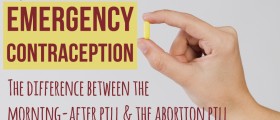




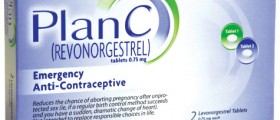
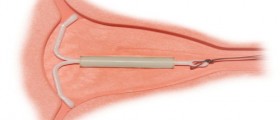


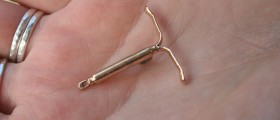
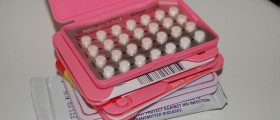


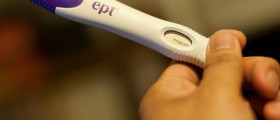
Your thoughts on this
Loading...